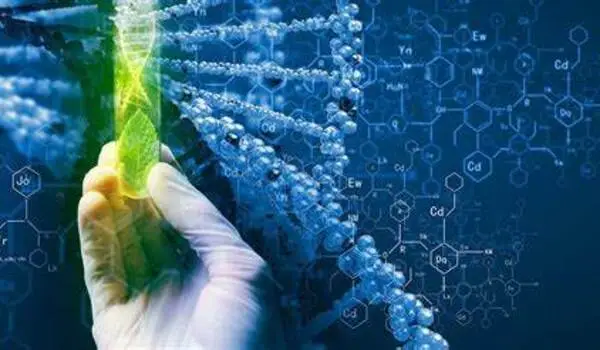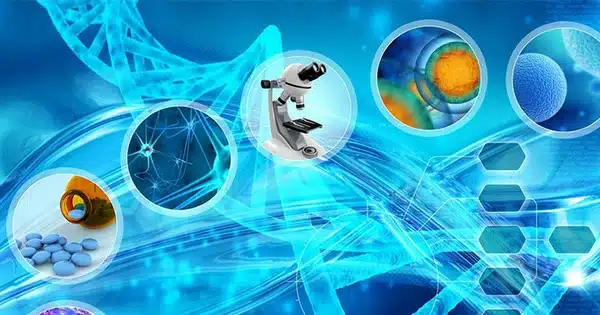According to new research, scientists working on biological design should focus on the unique characteristics of biological systems rather than optimization. In a study published today in Science Advances, researchers from the Universities of Bristol and Ghent demonstrated how investigating the unknown may be the critical step needed to realize the continuous innovation required for future biotechnologies.
Recognizing the role of open-mindedness in accomplishing this aim, as well as its expanding importance in fields like computer science and evolutionary biology, the team mapped out how open-mindedness is now linked to bioengineering practice and what is required to achieve it in the lab.
For success, biological design algorithms should not only focus on progressing toward a certain objective, such as increased yield but also on creating and maintaining novelty and diversity in the solutions discovered.
Our own attempts to engineer biology, in contrast, lack this creativity — they are far more rigid, less imaginative, and often don’t make the best use of what biology is capable of. With all life around us originating from the open-ended process of evolution, wouldn’t it be awesome if we could harness some of that power for our own biological designs.
Dr. Thomas Gorochowski
Dr. Thomas Gorochowski, co-author and Royal Society University Research Fellow in the School of Biological Sciences at Bristol, stated, “When we try to design a complex biological process, it’s often tempting to just tweak something that partially works rather than taking the risk of trying something completely new.
“In this work, we highlight that in these situations the best solutions often come from unexpected directions, because we don’t always fully understand how everything works. With biology, there are lots of unknowns and so we need a vast and diverse toolkit of building blocks to ensure we have the best chance of finding the solution we need.”
Professor Michiel Stock, lead author from Ghent University, added: “Biological systems have a natural capacity for innovation that has led to the overwhelming biodiversity we see in nature today.

“Our own attempts to engineer biology, in contrast, lack this creativity — they are far more rigid, less imaginative, and often doesn’t make the best use of what biology is capable of.
“With all life around us originating from the open-ended process of evolution, wouldn’t it be awesome if we could harness some of that power for our own biological designs.”
The ability to develop new biotechnologies is becoming increasingly crucial in addressing global concerns ranging from the sustainable production of chemicals, materials, and food to enhanced medicines for developing diseases. This advancement is being fueled by advances in how biology can be used in novel ways. This work contributes to this goal by providing a new direction for future research and design efforts.















